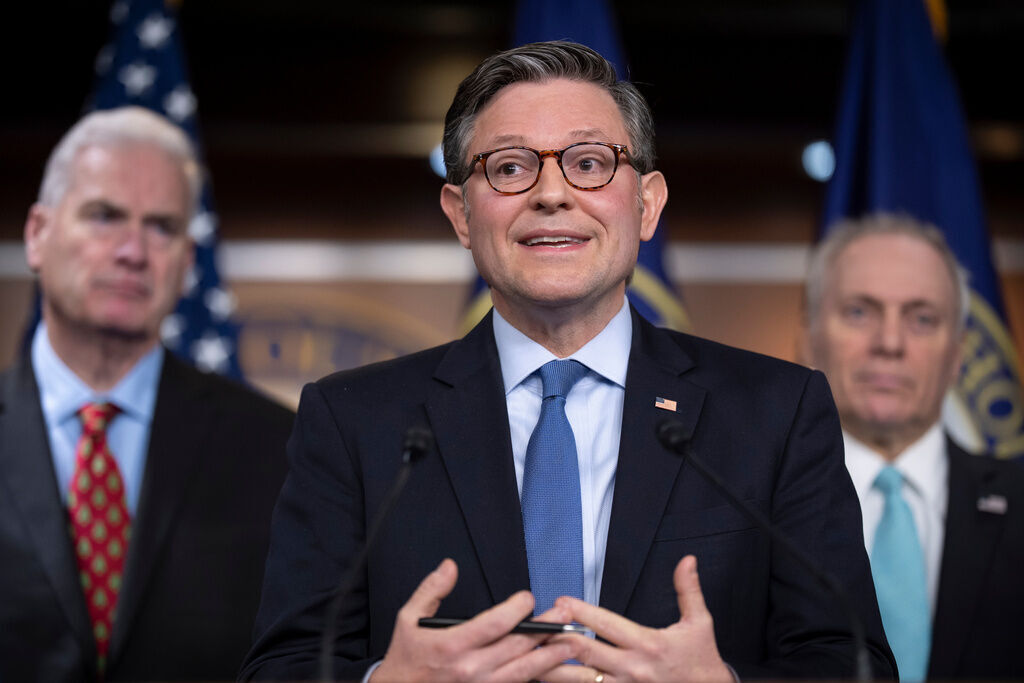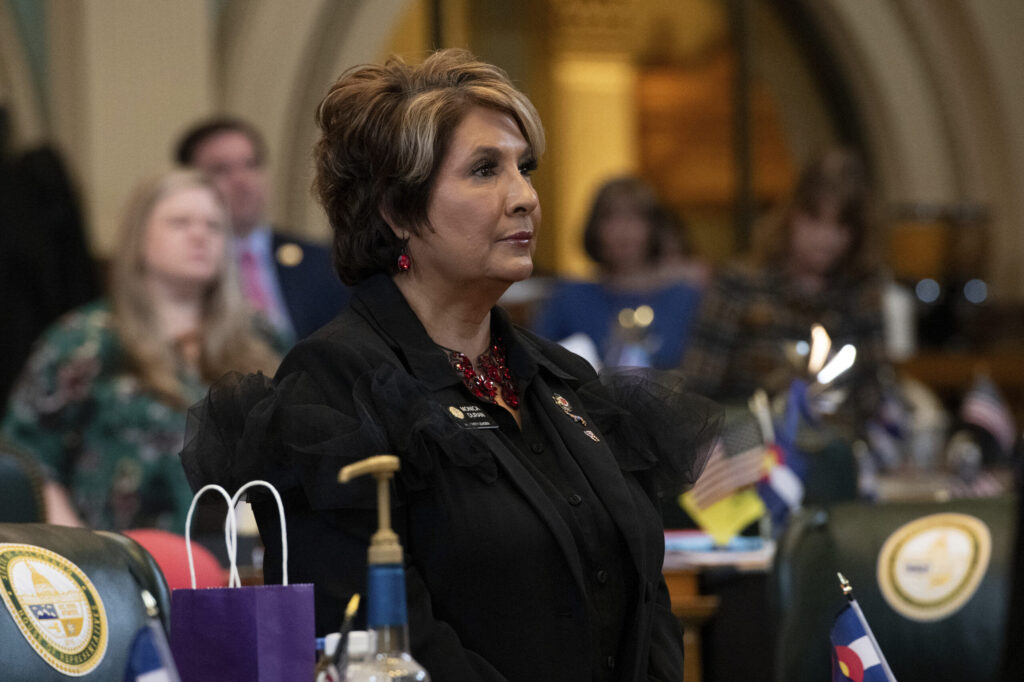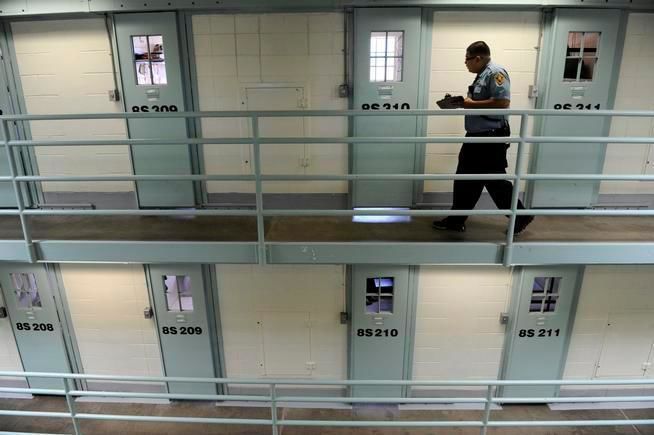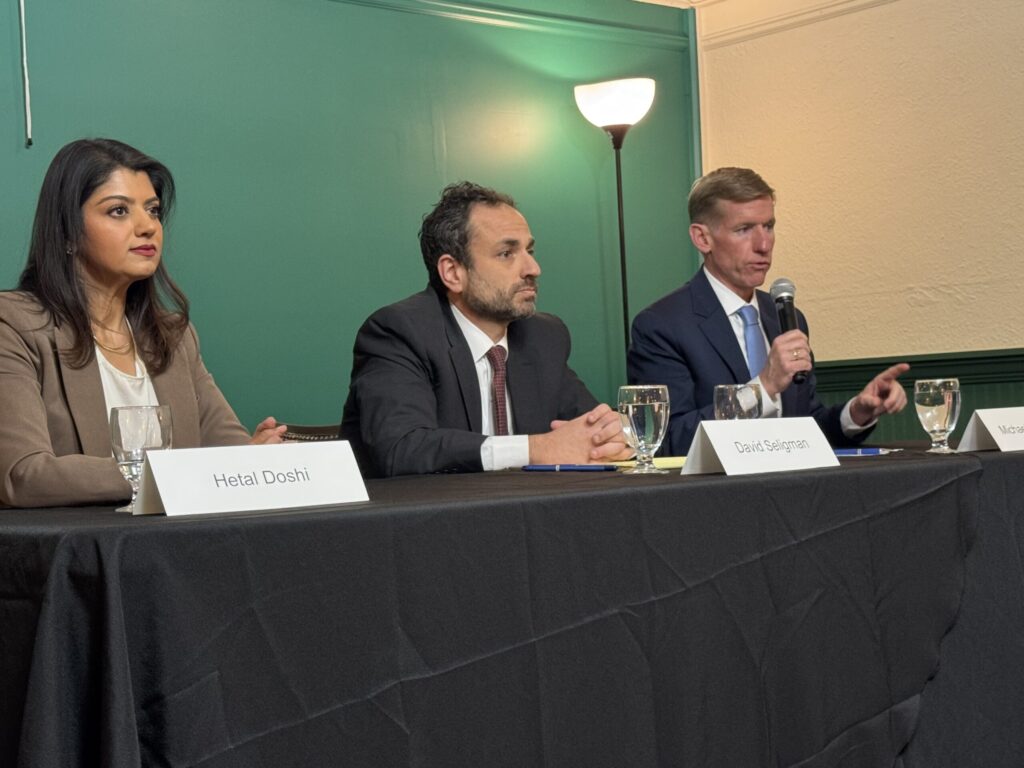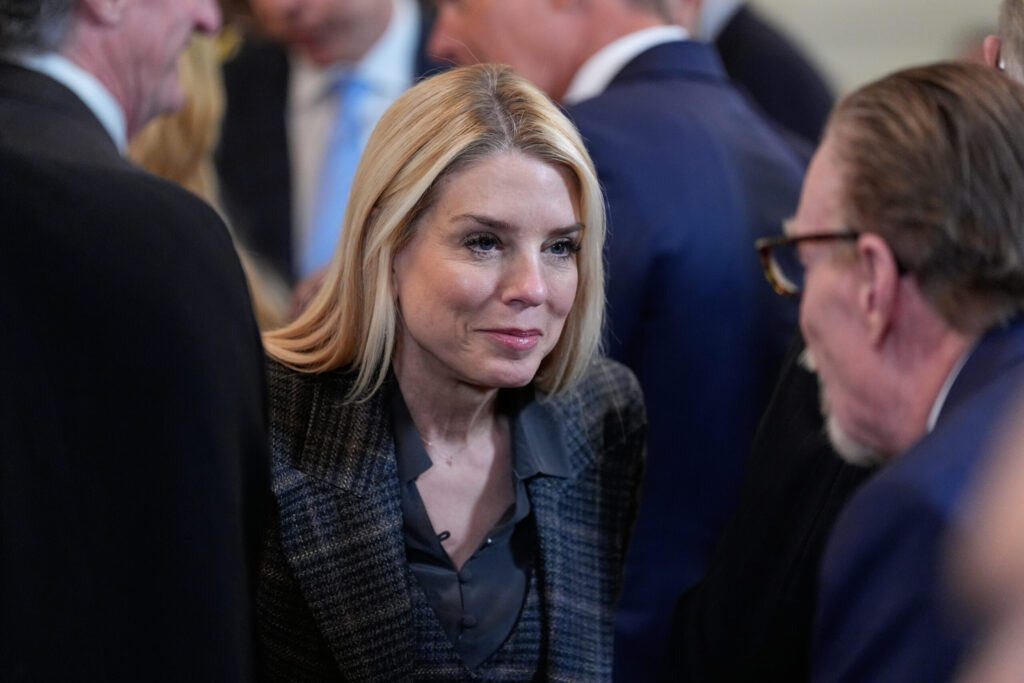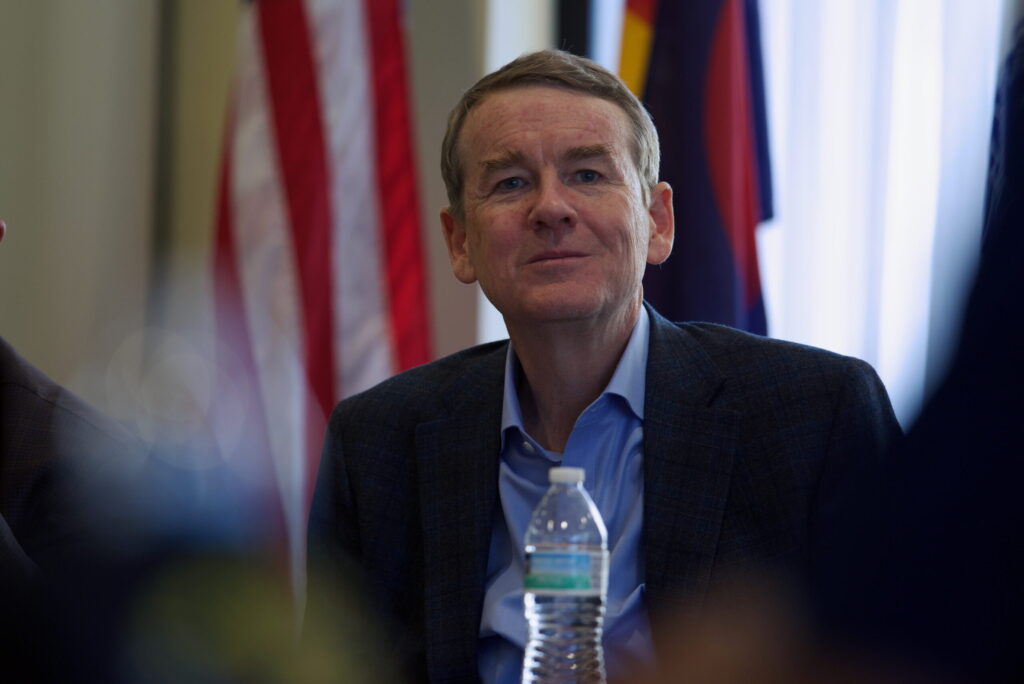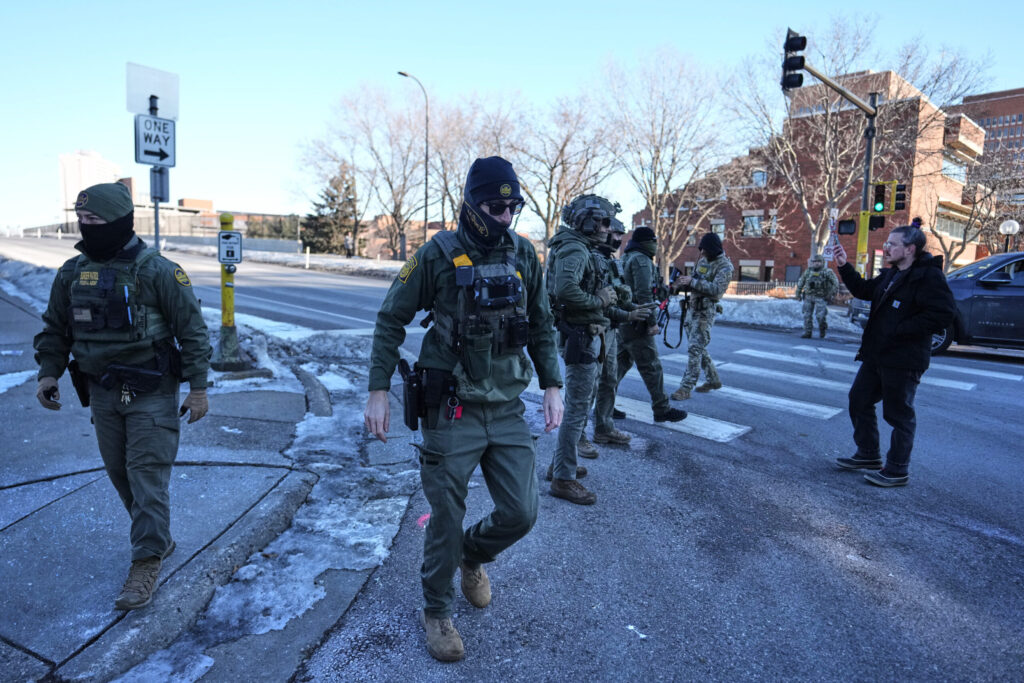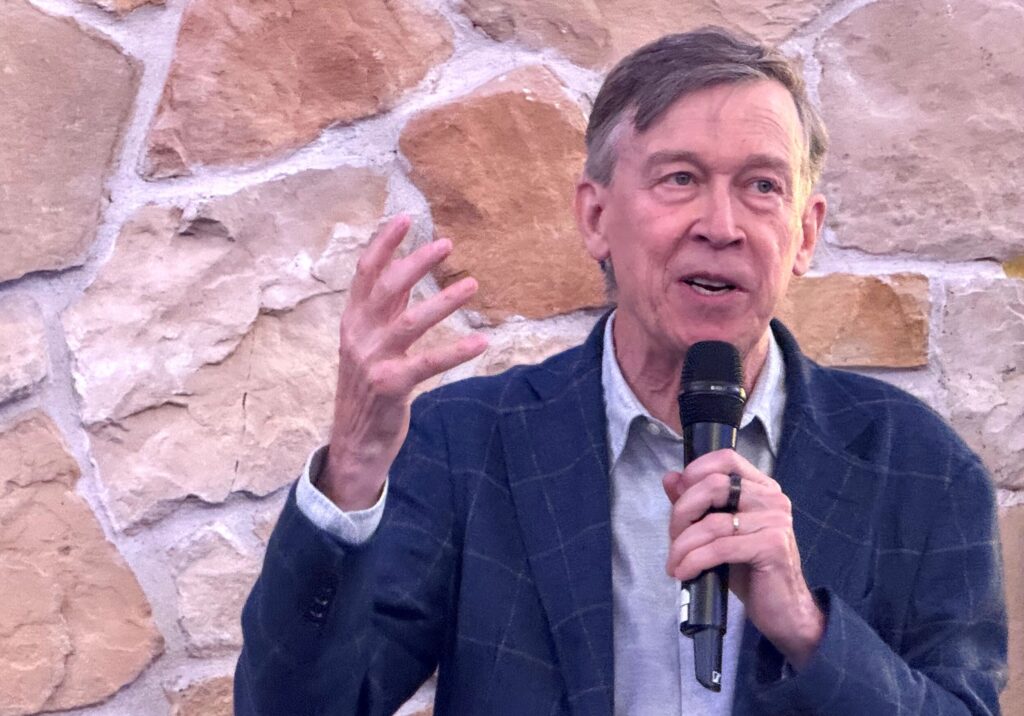Aurora council considers telling organizations: Stop bringing immigrants to city

As Denver grapples with housing and feeding tens of thousands of immigrants, Aurora’s City Council members are mulling asking organizations to stop bringing immigrants into the city without first securing an agreement over costs and services.
A resolution under consideration also states the city will “not allocate public funds, services, or staff resources for migrant support,” expressing worries that bringing immigrants into the city would result in “undue financial hardship” and an increase in demand for services.
The resolution — which offers a sharp break from Denver — effectively reiterates Aurora’s stance since 2017 that it is not a “sanctuary city” but also signals that it won’t adopt its neighboring city’s more “welcoming” position toward the immigrants. Generally speaking, a “sanctuary city” is a local jurisdiction with a policy of discouraging cooperation with federal authorities, such as by forbidding law enforcement from reporting an individual’s immigration status.
The illegal immigration crisis that’s been spilling into America’s interior cities — notably Denver, New York and Chicago — has overflowed into other municipalities, confronting the latter with the challenge of caring for the immigrants and the financial costs that entails.
Last year, the mountain town of Carbondale found itself scrambling to provide food, shelter and jobs to a wave of immigrants arrived on the town’s doorstep, many in shorts and sandals, just before Thanksgiving. And a few weeks ago, several immigrants arrived in Colorado Springs.
Aurora Councilmembers Danielle Jurinsky and Steve Sundberg, who sponsored the resolution and brought it to the Federal, State and Intergovernmental Relations policy committee on Friday afternoon, argued that it’s necessary to send a clear signal that the city’s priority is caring for its residents — not the immigrants.
Critics, meanwhile, argued that the resolution lacks an enforcement mechanism and, by adopting it, the city would wade into a federal issue, which, they said, it has no business in.
The panel moved the resolution forward to the full city council.
At Friday’s meeting, Jurinsky and Sundberg said the city doesn’t have the resources to help the immigrants, who have arrived in Denver after illegally crossing the southern border.
Unlike Denver, Aurora is not a county and, therefore, does not have the same responsibilities or funding that a county has, according to the resolution. The city lacks also adequate affordable housing for all of its residents and already faces a “desperate need of additional financial resources for those individuals.”
Offering sanctuary or support to people coming into the city creates “risks to the health, safety, and welfare” of both Aurora residents and the immigrants, the resolution added.
The resolution also claimed that some political subdivisions, organizations, corporations and nonprofits from other jurisdictions have been bringing immigrants and other homeless people into the city for temporary housing or services “without the consent of Aurora.”
It then “demands” that organizations that want to bring immigrants or homeless people into the city enter an agreement with the city that they will help the City Council prepare for financial hardship or burden.
Sundberg said the resolution is a result of nationwide “mass illegal immigration” that is particularly affecting sanctuary cities, such as Denver, which he said are becoming overwhelmed. The issue then trickles into surrounding cities, like Aurora, he said.
“(Denver is) running out of money and cutting into other budgets,” Sundberg said. “We have a fiscal responsibility to our residents and we want to take good care of our residents.”
He added: “We can’t over-promise and under-deliver with this crisis and we need to clearly communicate to folks that, in our limited resources, we cannot take care of folks coming into our city.”
In Denver, the immigration crisis is causing city services, such as the Department of Motor Vehicles (DMV) and recreation centers, to shut down, Jurinsky said, affecting the city’s taxpayers’ access to services.
In actuality, service hours have been trimmed from those two departments, but they are not shutting down.
Since December 2022, more than 38,600 immigrants have arrived in Denver, where officials decided earlier in the crisis to provide shelter, feed and transport immigrants to their final destination. Although city officials don’t track where these new arrivals wind up, about half have accepted onward travel, suggesting half have stayed in Denver.
That decision has come at a staggering cost: more than $42 million, and counting. To date, the state and federal government have reimbursed Denver roughly $14 million, with the rest of the cost borne by the city’s taxpayers.
The resulting financial strain compelled the city to scale back DMV and Parks and Recreation services and hours to cut costs, and Mayor Mike Johnston said that, if the current influx of immigrants continues, the city could be spending $180 million this year.
Meanwhile, the Colorado Springs City Council passed a symbolic resolution reaffirming it is not a sanctuary city. The resolution asserted the city won’t spend taxpayer money on services “related to this crisis” and called on the federal government to secure the country’s borders.
“It is ridiculous,” Jurinsky said of the situation unfolding in metro Denver. “This resolution needs to send a clear message you will receive no services in the city of Aurora, not from our Office of Immigration, there will be no staff support, there will be no nonprofit support from the nonprofits we support or they do run the risk of losing city support.”
The resolution “in no way” says the city will not support homeless Americans, Jurinsky said.
“We are never going to put Americans last, including our homeless Americans,” Jurinsky said. “We are not going to shut down our rec centers, we are not going to cut our police budget, we are not taking anything out, and that includes staff resources.”
Sundberg said he wants to see state leaders plead with the federal government to bring the border under control. The situation will only worsen without federal action, he said.
Since the statement is a resolution — not an ordinance — it has no enforcement mechanism, City Attorney George Koumantakis said.
Jurinsky maintained there is an option to start enforcing it with an ordinance later, but that, for now, the city is starting with a statement.
Councilmember Curtis Gardner, who balked at the resolution, said he has problems with the city’s involvement in federal issues and the lack of clarity in how the resolution would be enforced.
He said that the way the resolution reads, if an immigrant found himself in Aurora and was hit by a car, the city would not send the fire department. In situations like this, there isn’t clarity for city staff, he said.
Gardner argued that the grey area in how and when the city would or would not help immigrants is confusing.
“We’re putting a statement in here saying that we will never do something, but in fact there are situations where we will do something,” Gardner said. “That sends a mixed message to staff.”
Gardner also brought forth issues with the resolution’s weighing in on national issues.
“I just really don’t feel like it’s the place of City Council to be making a policy statement on what is a federal issue. Immigration is a federal issue,” Gardner said. “We already have a resolution outstanding … stating that we are not a sanctuary city, and nothing in this is changing that.”
He cited a proposed resolution last year that declared the city’s support of the people of Israel, arguing Aurora should not get involved in things that are not city-specific issues.
“Here we go again wading into an issue that is not within the purview of city governance,” Gardner said.
Jurinsky replied that the resolution includes “common sense” services to immigrants, such as someone calling 911 and getting life-saving medical care.
The committee moved forward with the resolution, voting to bring it to the full city council, with one “no” vote from Gardner.


